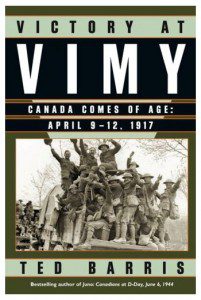 The Great Escape: A Canadian Story
The Great Escape: A Canadian Story
Dundurn Press
September 28, 2013
ISBN: 9781771022729
On the night of March 24, 1944, eighty Commonwealth airmen crawled through a 400-foot-long tunnel, code-named “Harry,” and most slipped into the darkness of a pine forest beyond the wire of Stalag Luft III, a German prisoner-of-war compound near Sagan, Poland. The event became known as The Great Escape. The breakout, more than a year in the making, involved about 2,000 POWs and a battle of wits inconceivable for its time. Within days of the escape, however, all but three escapers were recaptured; subsequently, Adolf Hitler ordered fifty of them murdered, cremated, and buried in a remote corner of the same prison compound.
What most casual readers, history buffs, moviegoers, and even some who participated, don’t readily acknowledge is that The Great Escape was in many ways “made-in-Canada.” In The Great Escape: A Canadian Story, bestselling author Ted Barris recounts this nearly mythical escape operation through the voices of those involved, many of whom trained in Canada, served in RCAF bomber and fighter squadrons, were shot down over Europe, imprisoned at Stalag Luft III, and ultimately became co-conspirators in the actual Great Escape.
Based on his original interviews, research, and assembly of memoirs, letters, diaries, and personal photos, Ted Barris reveals that many of the escape’s key players – the tunnel designer, excavators, forgers, scroungers, security and intelligence personnel, custodian of the secret radio, and scores of security “stooges” and sand-dispersal “penguins” – were all Canadians.
The book reads like a Hollywood movie, but is, in fact, the true story!
Praise for Ted Barris’s The Great Escape: A Canadian Story
“A magnificent story … I spent 18 months in Stalag Luft III North Compound [as a POW, but] I was unaware of the vast work that went on. … So many of the interviews are all news to me. [This book] brings it all to life.” – Albert Wallace, Second World War RCAF officer and former POW at the Great Escape camp
“As always, Ted Barris, our best writer on Canadians at war, paints small personal stories on the broad canvas of epic conflict, and in The Great Escape, gives us the real truth on a story we thought we knew. Riveting.” – Linwood Barclay, bestselling author of Trust Your Eyes
“With new insights and a fresh perspective, Ted Barris takes us deep inside The Great Escape. In fascinating and meticulous detail, he unravels the plotting and planning, completely befuddling German prison guards, that led to one of the most daring real-life dramas in modern history.” – Lloyd Robertson, CTV News

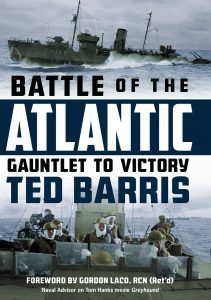

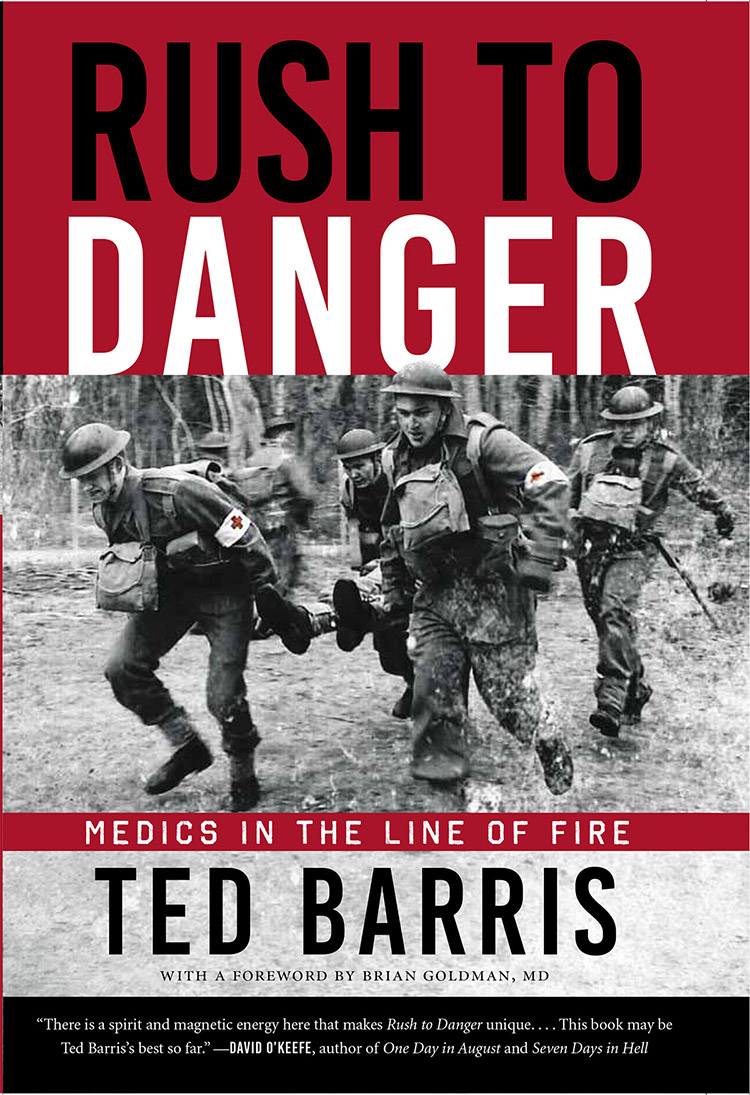
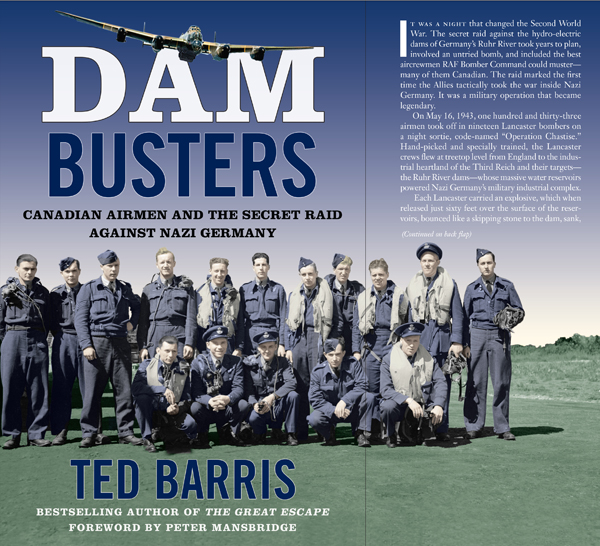
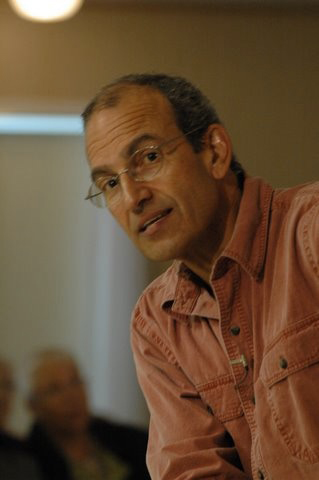
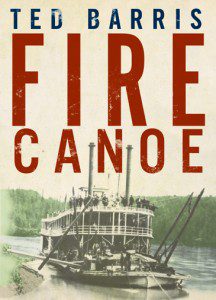
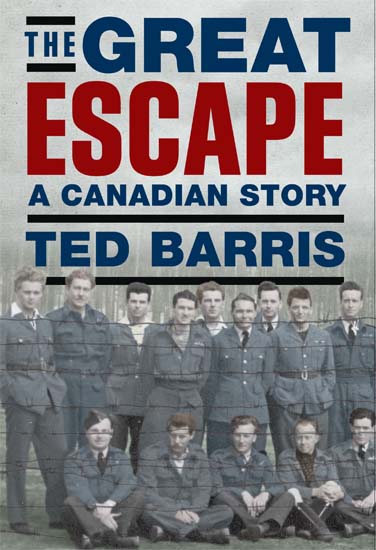
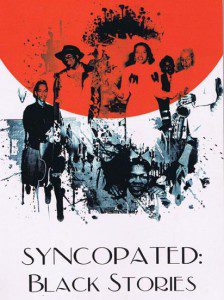
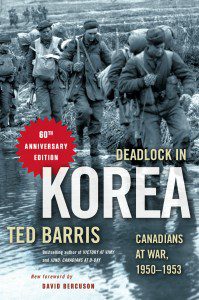
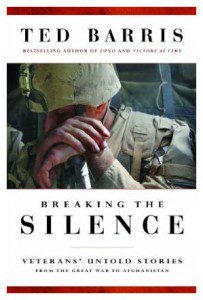 Breaking the Silence: Veterans’ Untold Stories from the Great War to Afghanistan
Breaking the Silence: Veterans’ Untold Stories from the Great War to Afghanistan